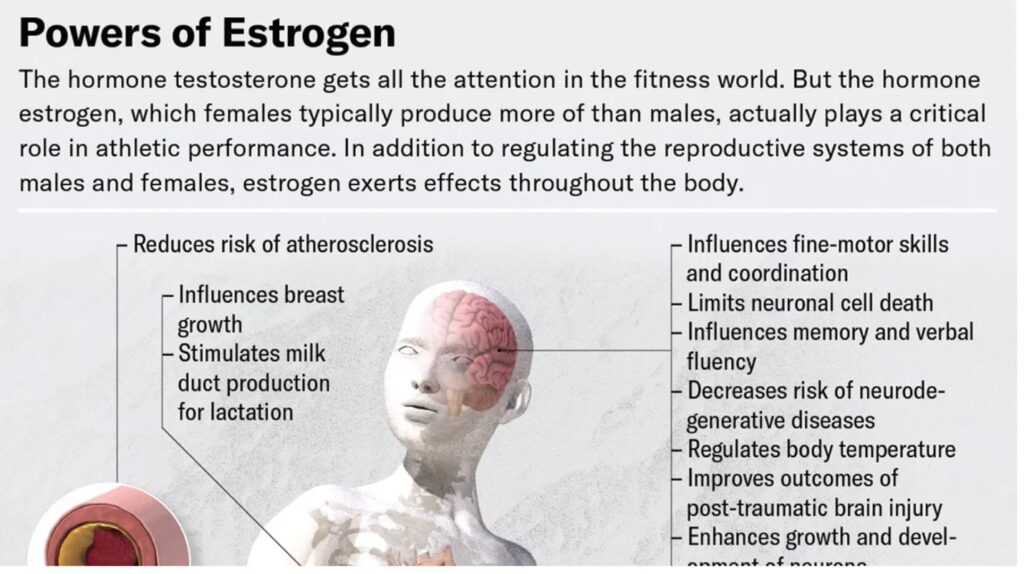What’s the balance sheet of the Rose Revolution so far? There is agreement that there has been tremendous progress in some fields. The economy has grown, street-level corruption has evaporated, and in many other instances the state functions for the people.
However, it’s also clear that state institutions remain weak. This general analysis (some progress, some failings) is borne out by the data we have collected. Often the failure to develop trusted state institutions is seen as a top-down failing, as the government not having done enough to put developments on track.
At the same time, there is also distinct civil society weakness — not so much as a complaint about NGOs, but simply low levels of social capital. This weakness makes it hard to set up functioning and robust institutions in the first place.
The slides below illustrate this problem quite well.
Civil Society Data
View SlideShare presentation or Upload your own. (tags: crrc georgia)
With the trash picture we want to say that maybe the first step should be to focus on simpler local challenges, to illustrate to people that working together can have positive results. (If you want to see our comments to the slides, to get the full narrative, open the presentation in Slideshare, and click on the Notes, bottom right.)
Much of it ends up going back to Robert Putnam’s Making Democracy Work. This book should be required reading for anyone interested in democratization in the region. There is a bigger debate that we are not having yet, or at least not on a high-enough level.









